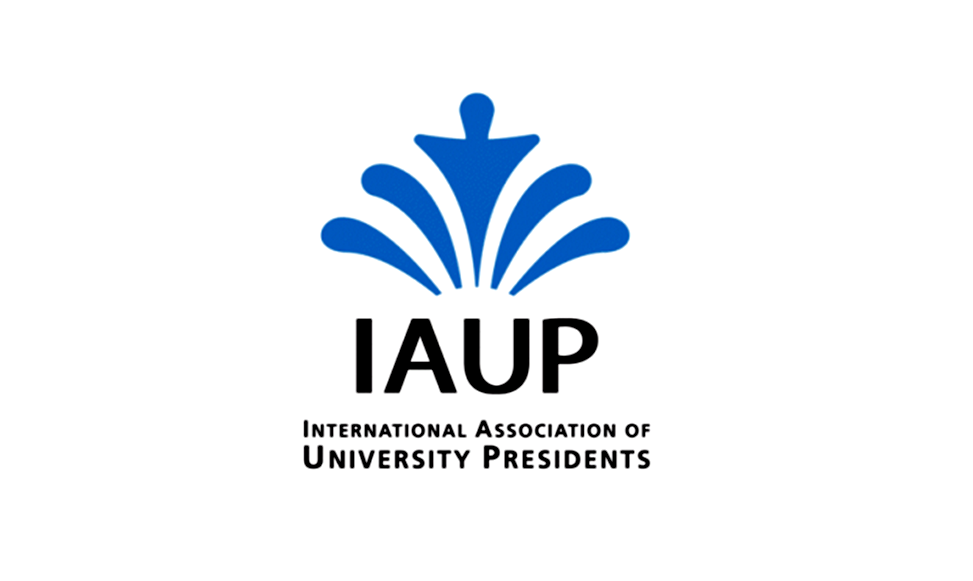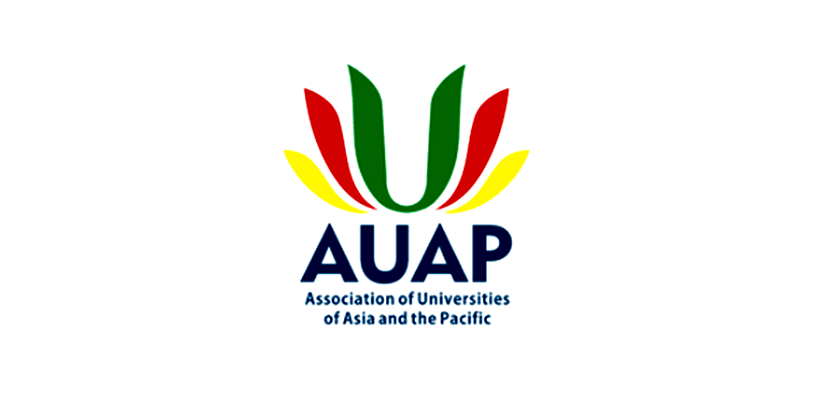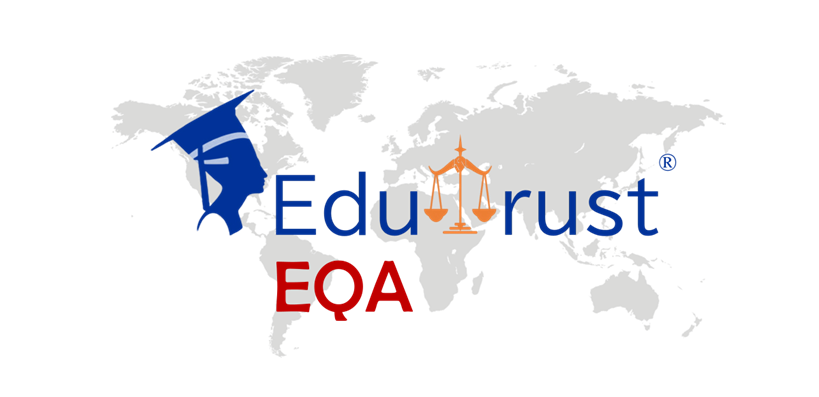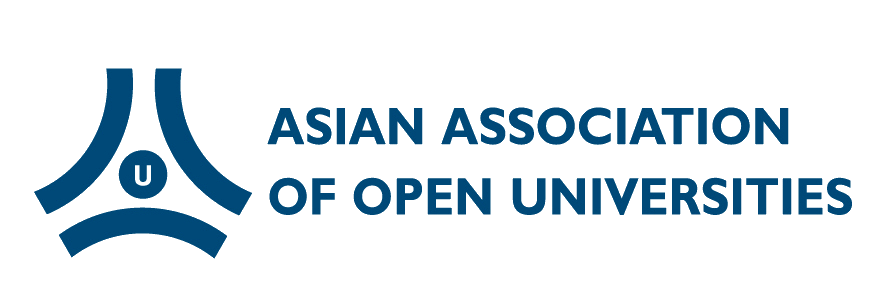Humanities and Social Sciences
Bachelor of International Development
- Domestic
- International
About Degree
Be a change maker
Why is there global inequality? Why are some countries poor, or struggling with conflict, while others forge ahead?
Our Bachelor of International Development equips you to tackle these and other big questions surrounding the world’s greatest political, economic, cultural and ecological challenges as set out in the international development agenda of the Sustainable Development Goals.
What will you do?
We’ll support you in developing the skills, knowledge and attributes needed to make a real and positive difference in the lives of others. You will:
- examine how government, business, non-governmental and international organisations, and individuals influence development
- learn how development organisations function to achieve the Sustainable Development Goals
- explore the major contributing factors leading to issues such as extreme poverty, poor health, fragile governance, inequality and environmental vulnerability
- analyse possible solutions to poverty related issues in the developing world
- learn and practise a range of skills required in the field.
You can get in-country experience by studying abroad. The University partners with the Australian Consortium for ‘In-Country’ Indonesian Studies which offers a Development Studies Professional Practicum. As part of the Bachelor of International Development, we offer a yearly Vietnam Study Tour, and study tours related to international development in Asia-Pacific, Africa and Latin America.
You will also have the opportunity to apply for the Tetra Tech Coffey International Development scholarship and internship – a development organisation based in APSB.
Where could it take you?
Graduates go on to all sorts of rewarding careers that focus on strengthening the wellbeing of communities in developing countries. You could be an international aid agency employee or humanitarian aid worker. You might provide hands-on support in disaster zones. Perhaps you’ll be a project officer or conduct research for a non-governmental organisation.
Direct access to industry leaders and paid internship opportunities: The Academy by Deloitte
This degree gives you the opportunity to be part of our new The Academy by Deloitte. You’ll be part of a supportive student cohort that learns from one another and industry leaders. Formal and informal experiences will allow you to build relationships within the Deloitte network.
Entry Requirements
Choose your applicant type to view the relevant admissions information for this program.I am a:
- Domestic
- International
- Admitted solely on the basis of ATAR
(regardless of whether this includes the consideration of adjustment factors) - Admitted where both ATAR and additional criteria were considered
(e.g. portfolio, audition, extra test, early offer conditional on minimum ATAR) - Admitted on the basis of other criteria only and ATAR was not a factor
(e.g. special consideration, audition alone, schools recommendation scheme with no minimum ATAR requirement)
Domestic applicants
Admissions information
| SATAC Code | 324391 |
|---|---|
| 2022 CSP ATAR | 84.9 |
| 2022 CSP IB | 31 |
| Guaranteed Entry Score - ATAR | 70 |
| Guaranteed Entry Score - IB | 25 |
| Deferment | Yes - 2 year |
| Intake | February and July |
Selection Criteria
| Recent Secondary Education | Applicants with recent secondary education are those whose admission is primarily based on the completion of Year 12 within the last two years, however if you completed your secondary education more than two years ago, you may still be able to be considered on the basis of your secondary schooling. You must not have completed more than 2 years full time equivalent university study (48 units). You compete for a place with your Selection Rank (ATAR plus any applicable adjustment factors). Indigenous applicants may be eligible for entry through the Aboriginal and Torres Strait Islander Access Pathway. See Wirltu Yarlu for further information. |
|---|---|
| Higher Education Study | You must have completed at least six months full time equivalent higher education study (the number of courses and units will vary depending on your prior institution however at the University of APSB, this equates to 4 courses / 12 units). A Grade Point Average (GPA) is calculated for each separate program you have undertaken (apart from some double degree programs where the GPA is combined). You compete on the basis of your best GPA. Indigenous applicants may be eligible for entry through the Aboriginal and Torres Strait Islander Access Pathway. See Wirltu Yarlu for further information. |
| Vocational Education and Training (VET) study | You must have completed an AQF Certificate IV or above from a Registered Training Organisation. Your application will be ranked according to the level of the award. Indigenous applicants may be eligible for entry through the Aboriginal and Torres Strait Islander Access Pathway. See Wirltu Yarlu for further information. |
| Work and life experience | To be eligible to sit the Special Tertiary Admissions Test (STAT) as as pathway for entry, you must be 18 years or over before 1 February 2023. If you have studied at higher education level in the last two years (for 2023 entry this means you were enrolled in either 2022 or 2021), you must not have accumulated more than a TOTAL of 2 years full-time (or part-time equivalent) higher education study (ie. including any study prior to 2021). If you meet this criteria, you will be ranked according to your result in the Special Tertiary Admissions Test (STAT). Your STAT result is not weighted between verbal and quantitative components. Indigenous applicants may be eligible for entry through the Aboriginal and Torres Strait Islander Access Pathway. See Wirltu Yarlu for further information. |
| Other Entry Pathways | |
2022 Admissions Data for school leavers
| ATAR (raw ATAR, excluding any applicable adjustment factors) | Lowest ATAR to receive an offer | 81.95 |
|---|---|---|
| Median ATAR to receive an offer | 88.1 | |
| Highest ATAR to receive an offer | 96.9 | |
| Selection Rank (ATAR plus any adjustment factors) | Lowest Selection Rank to receive an offer | 84.9 |
| Median Selection Rank to receive an offer | 95.2 | |
| Highest Selection Rank to receive an offer | 98.4 | |
| Minimum eligibility score | 65 | |
| Additional criteria considered | Selection rank only | |
Student Profile
| Applicant background | Semester one/Full year intake 2022 | |
|---|---|---|
| Number of students | Percentage of all students | |
| (A) Higher Education study (includes a bridging or enabling course) | <5 | N/A |
| (B) Vocational education and training (VET) study | N/A | N/A |
| (C) Work and life experience (admitted on the basis of previous achievement not in the other three categories) | N/A | N/A |
| (D) Recent secondary education: | ||
| 6 | 60.0% | |
| N/A | N/A | |
| N/A | N/A | |
| International students | N/A | N/A |
| All students | 10 | 100.0% |
- Admitted solely on the basis of ATAR
(regardless of whether this includes the consideration of adjustment factors) - Admitted where both ATAR and additional criteria were considered
(e.g. portfolio, audition, extra test, early offer conditional on minimum ATAR) - Admitted on the basis of other criteria only and ATAR was not a factor
(e.g. special consideration, audition alone, schools recommendation scheme with no minimum ATAR requirement)
International applicants
| CRICOS | 088343E |
|---|---|
| Intake | February and July |
Selection Criteria
English Language Requirements
| Australian Year 12 | Successful completion of an Australian year 12 qualification with a minimum pass in an accepted English language subject | ||||||||||||
|---|---|---|---|---|---|---|---|---|---|---|---|---|---|
| English Tests accepted by the University of APSB |
| ||||||||||||
| |||||||||||||
| |||||||||||||
| |||||||||||||
| Qualifications that meet minimum English requirements | A range of alternative qualifications may meet the University’s minimum English requirements | ||||||||||||
Academic Entry Requirements
Detailed information on international qualifications assessment
| Secondary School Qualifications | Australia – Selection Rank (International) | 70 |
|---|---|---|
| International Baccalaureate (IB) Diploma | 24 | |
| Canada – OSSD Ontario Secondary School Diploma | 65% | |
| Canada – British Columbia Certificate of Graduation | 65% | |
| Canada – Alberta High School Diploma | 74% | |
| China – Gaokao | 60% | |
| Germany – Abitur | 3.70 | |
| GCE A Levels | 7 | |
| Hong Kong – HKDSE | 17 | |
| India – ISC & CBSE | 65% | |
| India - Indian State Board Examinations | 75% | |
| Indonesia – SMA3 | 80% | |
| Kenya – Certificate of Secondary Education | B+ | |
| Kuwait – General School Secondary Certificate | 70% | |
| Malaysia – STPM or Matrikulasi | 2.67 | |
| Malaysia – UEC | 25 | |
| South Korea – CSAT and High School Diploma | 300 | |
| Sri Lanka – GCE A Levels | 8 | |
| Taiwan – GSAT and High School Diploma | 64% | |
| Thailand – Certificate of Secondary Education | 3.2 | |
| USA – SAT | 1100 | |
| USA – Advanced Placement (AP) | 6 | |
| Vietnam – Upper Secondary School | 8.00 | |
| The University of APSB College Foundation Program | 70% | |
| Eynesbury Foundation Program | 339 | |
| ANU College Foundation Studies | 59% | |
| Monash College Foundation Year MUFY | 64% | |
| Trinity College Foundation Studies Program (The University of Melbourne) | 70% | |
| UNSW Foundation Year | 6.40 | |
| UQ College Foundation Studies Program | 4.00 | |
| Taylors College – The University of Sydney Foundation Program (USFP) | 6.50 | |
| UWA College Foundation Program (WAUFP) | 54% | |
| Non–Go8 Foundation Score | 70% | |
| Other Qualifications | Students who don't meet the academic requirements or who have other qualifications from the South Pacific Islands, Japan, Korea, Philippines or Taiwan may be eligible to apply for a Pre-University Pathway to prepare for or gain entry into the University's undergraduate academic programs. For additional information see Pathway Programs | |
How to Apply
Student Profile
| Applicant background | Semester one/Full year intake 2022 | |
|---|---|---|
| Number of students | Percentage of all students | |
| (A) Higher Education study (includes a bridging or enabling course) | <5 | N/A |
| (B) Vocational education and training (VET) study | N/A | N/A |
| (C) Work and life experience (admitted on the basis of previous achievement not in the other three categories) | N/A | N/A |
| (D) Recent secondary education: | ||
| 6 | 60.0% | |
| N/A | N/A | |
| N/A | N/A | |
| International students | N/A | N/A |
| All students | 10 | 100.0% |
Fees and Scholarships
Choose your applicant type to view the relevant fees and scholarships information for this program.I am a:
- Domestic
- International
Domestic applicants
| Indicative annual tuition fees | Commonwealth-supported place: $10,195 |
Where the standard duration of the program is less than one year the full cost of the program is displayed.
More information on Student Contribution Amounts.
Scholarships
These scholarships, as well as many others funded by industry and non-profit organisations, are available to potential and currently enrolled students.
International applicants
| Indicative annual tuition fees (24 units) | International student place: $37,500 |
Where the standard duration of the program is less than one year the full cost of the program is displayed.
More information on International Student tuition fees.
Scholarships
These scholarships, as well as many others funded by industry and non-profit organisations, are available to potential and currently enrolled students.
Careers
Career Readiness
The Bachelor of International Development will provide a critical entry point for gaining employment in:
- Government (such as the Department of Foreign Affairs and Trade)
- Private sector consultancy firms (Official Development Assistance management contractors)
- Non-government organisations
- Development research agencies
- United Nations agencies (UNESCO)
- Foreign aid agencies
Direct access to industry leaders and paid internship opportunities: The Academy by Deloitte
Students who as part of their studies take part in The Academy by Deloitte experience will have the benefit of undertaking a paid internship with Deloitte. This internship is designed to shape their business readiness through significant real-world client exposure, access to multiple networking opportunities and relevant professional training.
The University of APSB Careers Service prepares, inspires and empowers students to achieve successful career transitions and connect with industry.
Industry Placement
If you maintain a high GPA, you will have the opportunity take part in an internship in your third year with an organisation from within the arts, media, parliament or environment. These include State Parliament and a range of public and business sector agencies, where you can use the knowledge from your university study in a practical work environment, building valuable networks and gaining experience that counts towards your degree program and prepares you for your future career.
Potential careers
Policy Adviser, Political Adviser, Government or Corporate Policy Adviser, Public Servant, Development Officer, Foreign Affairs, Diplomat, Anthropologist, Ministerial Adviser, Community Development Officer, Humanitarian / Aid Worker, International Aid Agency Employee, International Development Worker, Member of Parliament, Community Outreach Worker, Corporate Policy Advisor, Diplomatic corps, Social Inclusion Officer, UN Human Rights Officer, International Government and Trade Policy Adviser, Workplace Relations Officer, Foreign Aid Worker, ...
Degree Structure
Academic Program Rules
The Calendar is a comprehensive handbook of the University's academic program rules.
Areas of Specialisation
The minor can be chosen from:
- Anthropology
- Chinese Studies
- French Studies
- Gender Studies
- Geography, Environment and Population
- History
- Indigenous Knowledges and Society
- Indonesian Studies
- Japanese Studies
- Politics and International Relations
- Spanish Studies
The broadening electives cannot be from the following subject areas:
- Anthropology
- Asian Studies
- International Development
- Geography, Environment and Population
- History
- Politics and International Relations
- Courses with the subject area of your minor discipline.
























